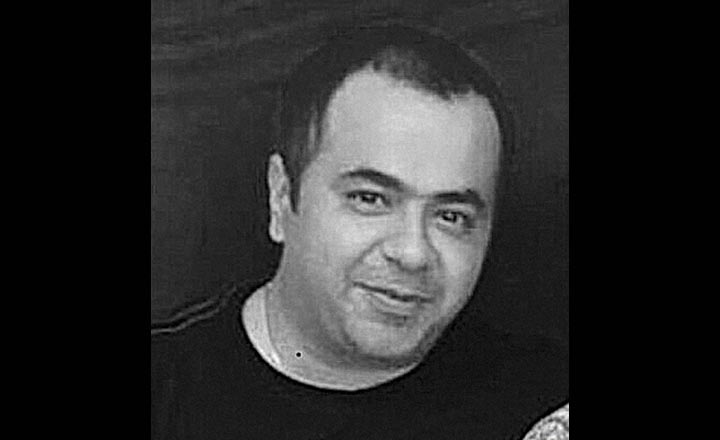Chirag Lakhi along with his illustrious father, Mumbai-based diamantaire and investor Dilipkumar Lakhi has considerably reduced stake in International Paper APPM. Following the selling by the family in April and May, the stock has corrected to Rs.392. Dilipkumar’s profit booking started in April 2017 following which the family sold shares worth Rs.750 million till date.
BSE filings reveal that the Lakhi family had bought shares worth Rs.250 million between January and December 2016. The stock price has since appreciated from Rs.303 on August 1, 2016 to hit an all-time high of Rs.591 on September 10, 2018. Lakhi still holds 0.12%, while Chirag’s holding is now at 0.68%.
The story has only gotten better post Lakhi’s 2016 acquisition. Since mid-2017, Chinese plants that produced paper from waste (recycled) paper were shut down, resulting in increased demand for wood pulp (natural fibre). Major pulp exporters Indonesia, Malaysia and Chile diverted all pulp to China at a much higher price, resulting in rising paper prices.
In India, many companies have started backward integration or put up captive plantation facilities in order to improve operational efficiencies and save on costs. An integrated paper and pulp manufacturer, with a production capacity of 241,000 tpa across two manufacturing facilities at Rajahmundry and Kadiyam, and a conversion centre, all located in Andhra Pradesh, International Paper APPM, too, created its 100% captive raw material source through its own farm forestry programme.
Operationally, the company has been doing well with sales and net profit growing by 20% and 440% to Rs.14.27 billion and Rs.2 billion between FY16 and FY19. Mutual funds are also evincing interest and now hold 0.26%, whereas FIIs have upped their holding from 0.72% to 1.49% over the past year. The stock is not very liquid as the US parent holds 75% of the equity. Lakhi’s decision to reduce his stake may be a clear signal that the special situation that triggered the surge in the stock may just be over and the stock may go back to its slumber days. When Lakhi first invested in the company in 2016, the stock was trading at a TTM P/E of 38x, whereas at the current level, its TTM P/E is 7.93x.











